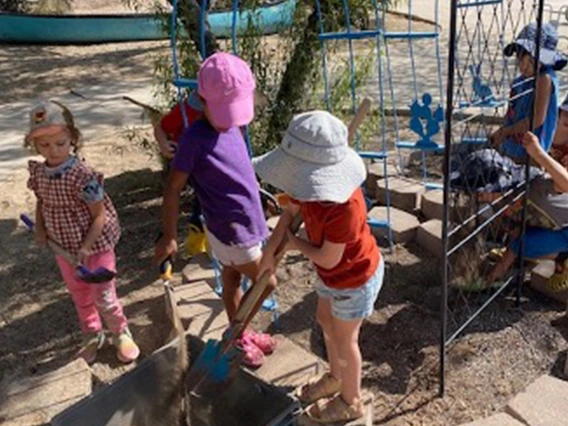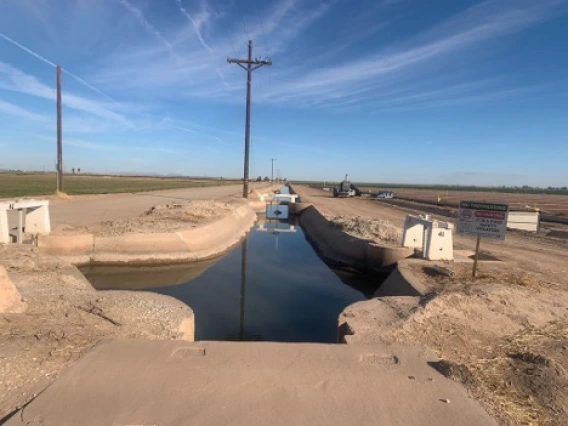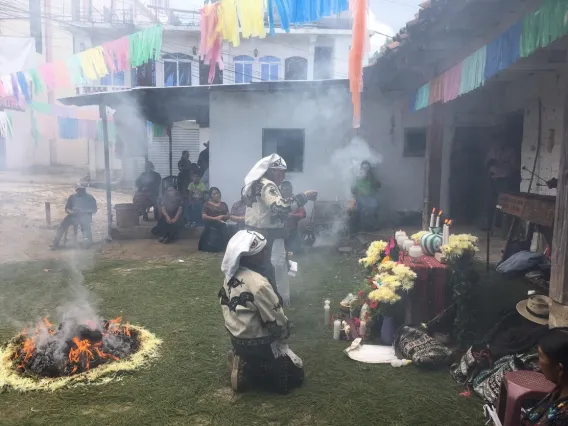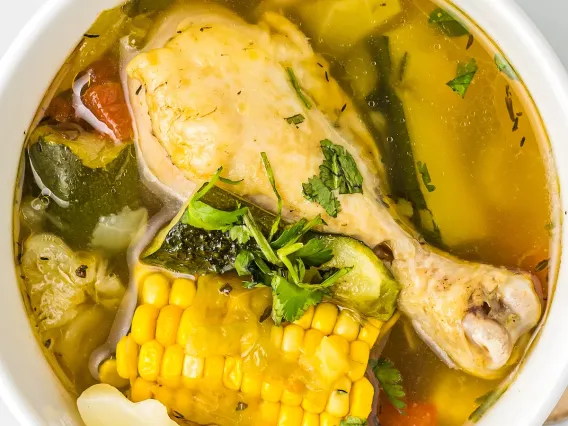
Center for Regional Food Studies Blog
The CRFS blog aims to highlight the diversity of teaching, research, and service happening around food within our community. We invite submissions of 500-700 words by faculty, staff, and students, as well as community members. We are also open to proposals for photo essays, video compilations, and/or interviews. Submit your ideas or questions to CRFS Assistant Director, Laurel Bellante, at: bellante@arizona.edu.






